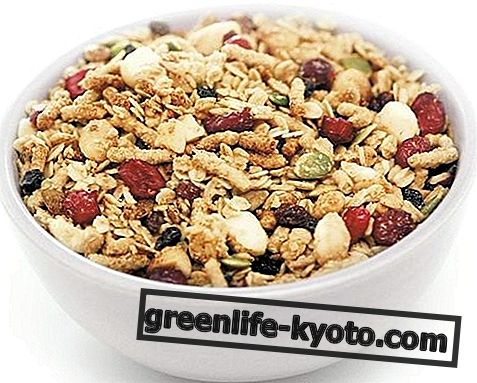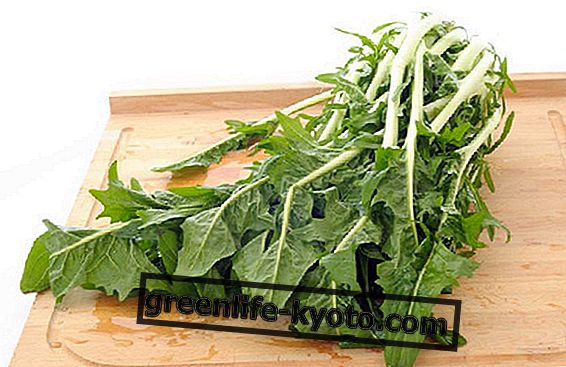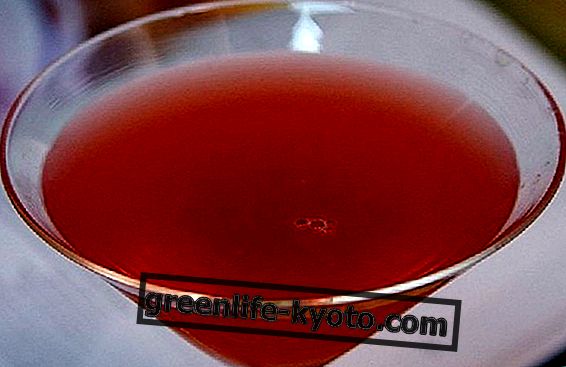By Eva Sacchi Hunter, Nutritionist
Muesli is a mixture of cereals, fresh or dried fruit, seeds and nuts, perfect for breakfast because it is rich in vitamins, minerals and fiber. Let's find out better.
>

What is muesli
Muesli is a typical breakfast food that has become common on the tables of many Western countries. It is a mixture of oat flakes (or other cereals), fresh or dried fruit, seeds and nuts, to be consumed, hot or cold, with milk, yogurt, fruit juice or other alternative drinks to milk such as milk from almonds, rice, coconut or soy.
The origin of muesli dates back to the early 1900s in German-speaking Switzerland, where the doctor, dietician and anti-sins of nutrition science Maximilian Bircher-Benner from Zurich invented it for patients in his hospital. In the original recipe, the oatmeal was soaked for a night in water and lemon juice and then eaten in the morning with a teaspoon of condensed milk and a grated apple or other seasonal fruit.
Today this product is commonly found in supermarkets and is offered in various blends (also gluten-free) and with countless ingredients, from chocolate to honey, from spices to mixed nuts. However it is easy and healthier to prepare it fresh at home so as to be in control of the nutritive and caloric content of the final product and avoid the additives, the added sugars and the fats associated with the roasting process, which make the prepackaged muesli more crunchy denaturing the acids fat.
Properties and characteristics
It is now known that breakfast is an extremely important meal and a good breakfast is essential to give us the energy and nutrients we need to start the day.
Muesli can certainly be an excellent choice thanks to their ability to supply some essential nutrients such as mineral salts, proteins, lipids, carbohydrates, vitamins and fiber. The variety and quality of the carbohydrates present in muesli make the body assimilate them slowly, favoring a gradual release of energy throughout the morning and supporting concentration.
However, you must pay close attention to the doses and it is advisable to consume from a third to a maximum of half a cup per person, since exaggerated quantities of the product can provide high levels of carbohydrates, fats, sugars and excessive calories.
Nutritional values and benefits
Muesli can certainly be an optimal choice for the whole family's breakfast. Thanks to the high content of soluble and insoluble fiber and the presence of whole grains, muesli can help regulate digestion and intestines.
Eating muesli early in the morning, thanks to their high caloric intake and fiber, certainly contributes to acquiring a prolonged sense of satiety, reducing blood sugar spikes. The presence of vitamin B also helps increase metabolic functions by improving fat consumption. In particular, oat flakes are a great source of soluble fibers that help eliminate excess cholesterol and toxins from our body and offer a high content of manganese, a mineral that is very useful for maintaining bone health.
Furthermore, muesli, thanks to the content of seeds and fruit, is an effective source of antioxidants, as well as proteins and omega-3 (especially present in nuts) and omega-6. The addition of milk or milk substitutes can also provide additional protein and calcium.
To be considered a healthy choice, however, you must pay attention to the ingredients and choose a product that is possibly not toasted, with a low content of dried fruit (very sugary), carbohydrates with a low glycemic index and a rich mixture of healthy (unsaturated) fats.
You can explore all the properties and benefits of oats

Use in the kitchen
It is possible to prepare a homemade muesli, fast and personalized, aimed at your dietary needs and tastes. In this case it is advisable to soak the oatmeal the night before in order to make them more digestible. This process in fact helps the body to absorb minerals such as calcium, magnesium, copper, iron and zinc more effectively, neutralizing the phytic acid present in the cereal bran.
A recipe with muesli
Here is a very tasty recipe that uses coconut milk instead of traditional milk:
Ingredients (4 people)
- 2 cups of oat flakes (gluten free)
- 3 cups of coconut milk or any other type of milk
- 2 tablespoons of chia seeds
- 2 tablespoons of hemp seeds
- 1/3 cup of dry currant
- ½ cup of pumpkin seeds
- 2 tablespoons of coconut flakes
- a few drops of lemon (helps neutralize phytic acid)
Method
Mix all the ingredients in a bowl and refrigerate overnight. In the morning, add fresh fruit to taste cut into slices, plus any other types of nuts and / or seeds at your disposal. Complete with a sprinkling of nutmeg or cinnamon and enjoy.













